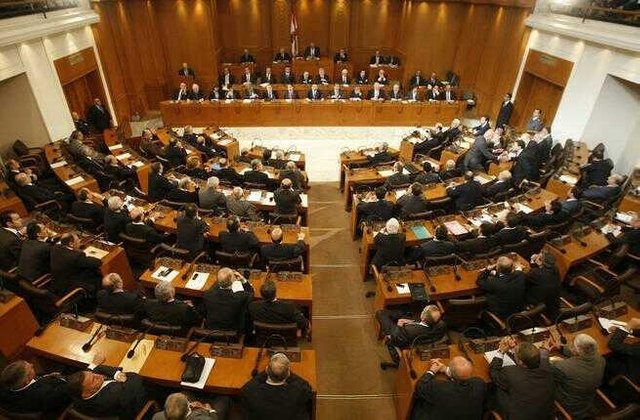Women Politics List of Lebanese Parliaments

Lebanon prepares to face parliamentary elections on May 6. The agenda is Lebanon's first parliamentary elections since 2009.
Prime Minister Saad al-Hariri, a Sunni Muslim, is expected to remain in power. But Hariri is expected to lose several seats for his rivals including candidates allied to Hezbollah. One of them is former Lebanese army high official, Jamil al-Sayyed. According to Hariri, al-Sayyed was a close friend of Bashar al Assad.
Reported by Aljazirah, Thursday (3/5), in the election this time, the number of women who participated also increased rapidly. In Lebanon, the number of women is only three percent of the total members of parliament. But in the upcoming election, 86 women candidates will compete for 128 Lebanese legislative seats.
Of the total of 976 candidates originally registered, 111 were female candidates. The number increased sharply compared to only 12 women in 2009.
The condition has raised expectations in many Lebanese about women's participation in state politics. Many people praised it as a turning point for women's rights. At the end of the registration, as many as 583 people have registered. However, 22 percent of women out of the election.
For the remaining 86 women, political parties and even media agencies in the country are not yet ready to support their candidacy. According to a study by Maharat, a media monitor that tracks Lebanon's electoral cycle, women get less television time than male candidates.
"In the conservative northern Akkar district, a group of women are forced to list all women because local groups do not take seriously the issue of women's candidacy," said the group's leader, Rola Elmourad.
A researcher specializing in women's political participation in Lebanese history, Catherine Batruni says the overall movement that stirs up women's masses is still lacking in Lebanon. According to him, there is a lot of work to do to change that. "Lebanese women are not only unequal to men, they are not equal to each other," said Batruni.
In terms of gender equality, international institutions also value Lebanon. According to the 2016 Human Development Report, a report published by the United Nations Development Program (UNDP), women's participation in the labor market is 23.5 percent. That figure is much lower than the 70.3 percent for men.
The country also has a Gender Gender Inequality Index (GII) of 0.381, ranked 83th out of 159 countries in the UNDP index of 2015. The country is ranked 137th out of 144 countries in the Global Gender Gap Report 2017, published by the World Economic Forum (WEF). As for political empowerment, Lebanon occupies the position of 142.
Concretely, these figures indicate the almost absence of legislation that protects women against the misuse of all matters. In addition, women are also not protected from policies that can facilitate progress and equal treatment. Though many groups of women and non-government organizations are currently active in the country.
The fact is not too surprising, considering there are 18 official religious sects recognized in Lebanon. There is no civil code that regulates personal and family status issues. In contrast, there are 15 different "personal status" laws, administered by religious courts that are in harmony with diverse communities.
A 2015 report by Human Rights Watch (HRW), which examines 447 recent legal assessments mentions women facing legal and other barriers to divorce, financial rights, and child custody issues.
"That means that 18 different Lebanese women, from 18 different sects, all have entirely different rights and are all on trial in court run by men in a male-proclaimed system," Batruni said.